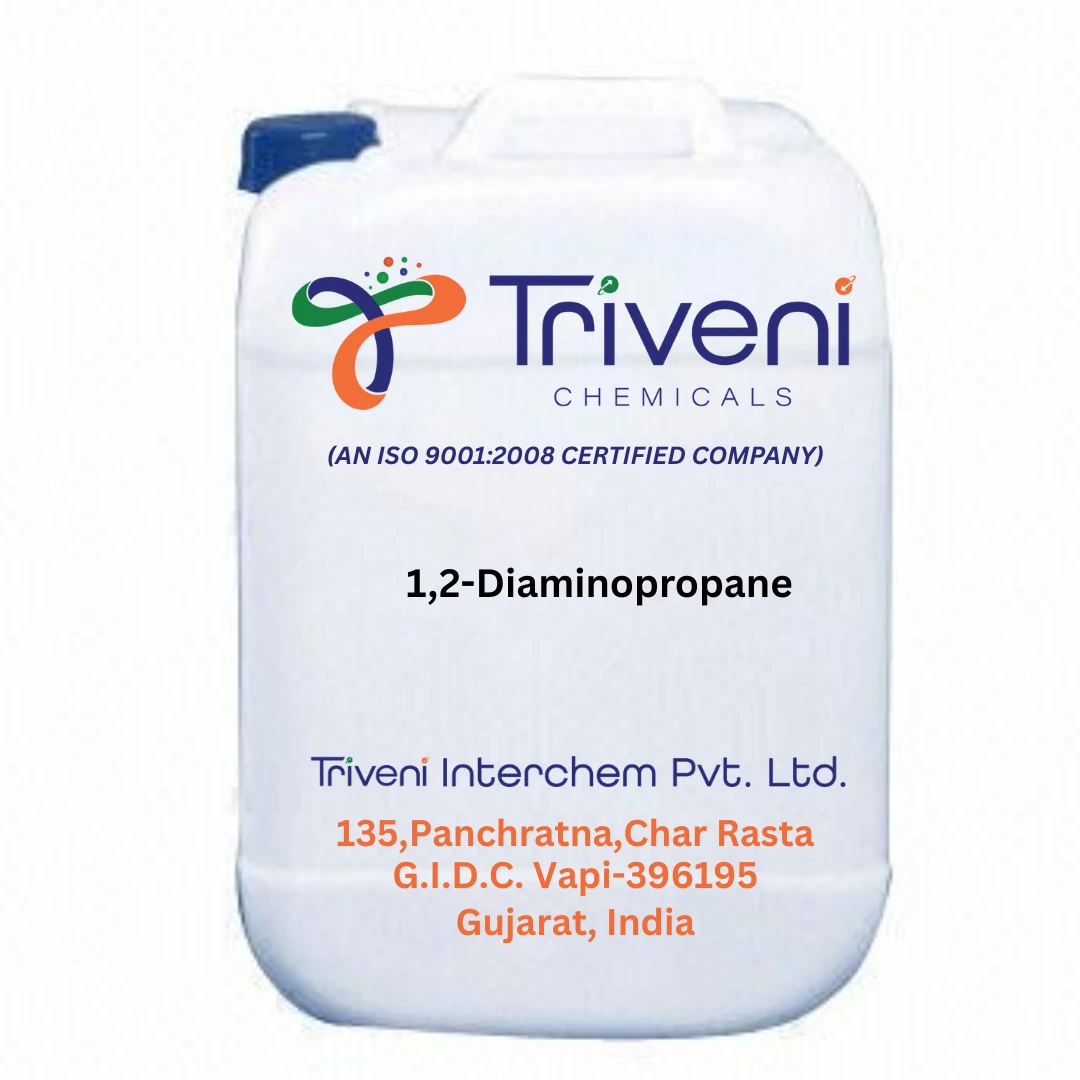Metal deactivators, sometimes referred to as metal deactivating agents (MDAs), are essential in a number of industries where metal presence can negatively impact a material's performance and stability. These substances are made expressly to stop trace metals like copper, iron, and nickel from catalyzing processes that speed up the breakdown..
Metal deactivators, sometimes referred to as metal deactivating agents (MDAs), are essential in a number of industries where metal presence can negatively impact a material's performance and stability. These substances are made expressly to stop trace metals like copper, iron, and nickel from catalyzing processes that speed up the breakdown of fuels, lubricants, and polymers. We'll get into the uses and varieties of metal deactivators in this conversation. Metal deactivators work by combining with metal ions to create complexes that stop the metal ions from acting as catalysts. Chelation is a technique used in this procedure where the deactivator molecule attaches itself to the metal ion to stop it from taking part in oxidation or degradation reactions. Metal deactivators efficiently prevent material deterioration by neutralizing these metal ions, prolonging the material's life and preserving its functionality. Primary and secondary metal deactivators are the two main categories. In order to stop catalytic activity, primary metal deactivators directly chelate with metal ions to form stable complexes. These substances are frequently utilized in applications where metals are found in rather small amounts. On the other hand, free radicals produced by metal-catalyzed oxidation are scavenged by secondary metal deactivators. By catching the radicals before they have a chance to react with the material, these substances indirectly prevent deterioration. Phosphite esters, hindered phenols, and alkylated diphenylamines are often utilized metal deactivators. When combined with metal ions, alkylated diphenylamines generate stable complexes that are efficient primary metal deactivators. As secondary deactivators, hindered phenols prevent the spread of free radicals. In order to stop oxidation, phosphoite esters also function as secondary deactivators by scavenging free radicals.Metal deactivators are added to lubricants and fuels in the automotive industry to prevent wear and corrosion in engines. These substances lessen the effect of metal impurities in the processing and stability of materials used in polymer manufacturing. Metal deactivators are also used in the manufacturing of industrial chemicals, where the presence of metals can affect the quality of the final product. All things considered, metal deactivators are essential to maintaining the functionality and integrity of materials in a variety of industries. Through the inhibition of trace metal catalysis, these chemicals maintain the durability and dependability of fuels, lubricants, polymers, and several other products.



